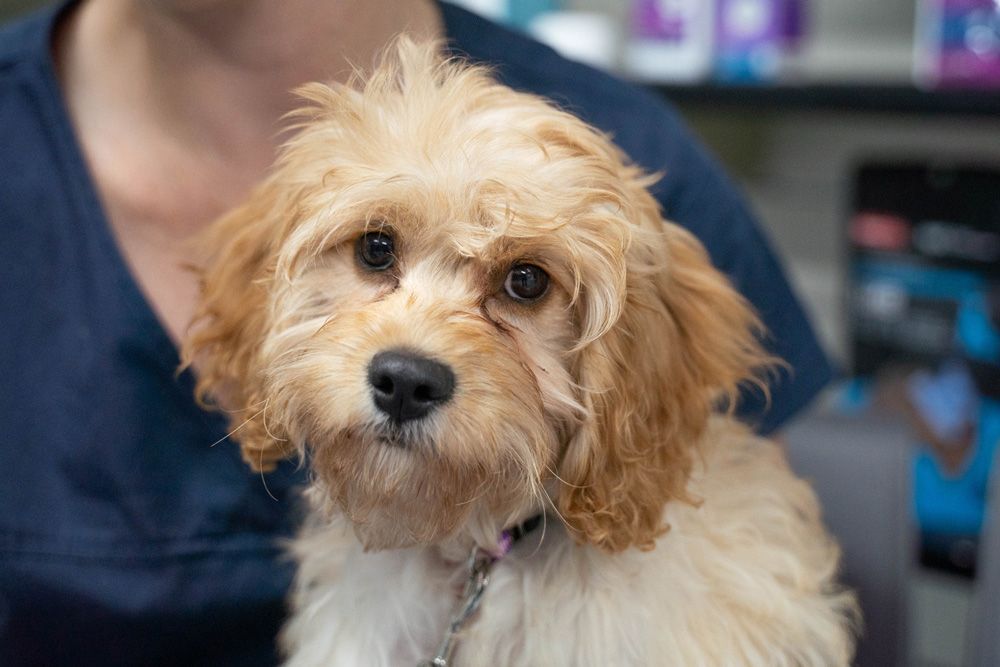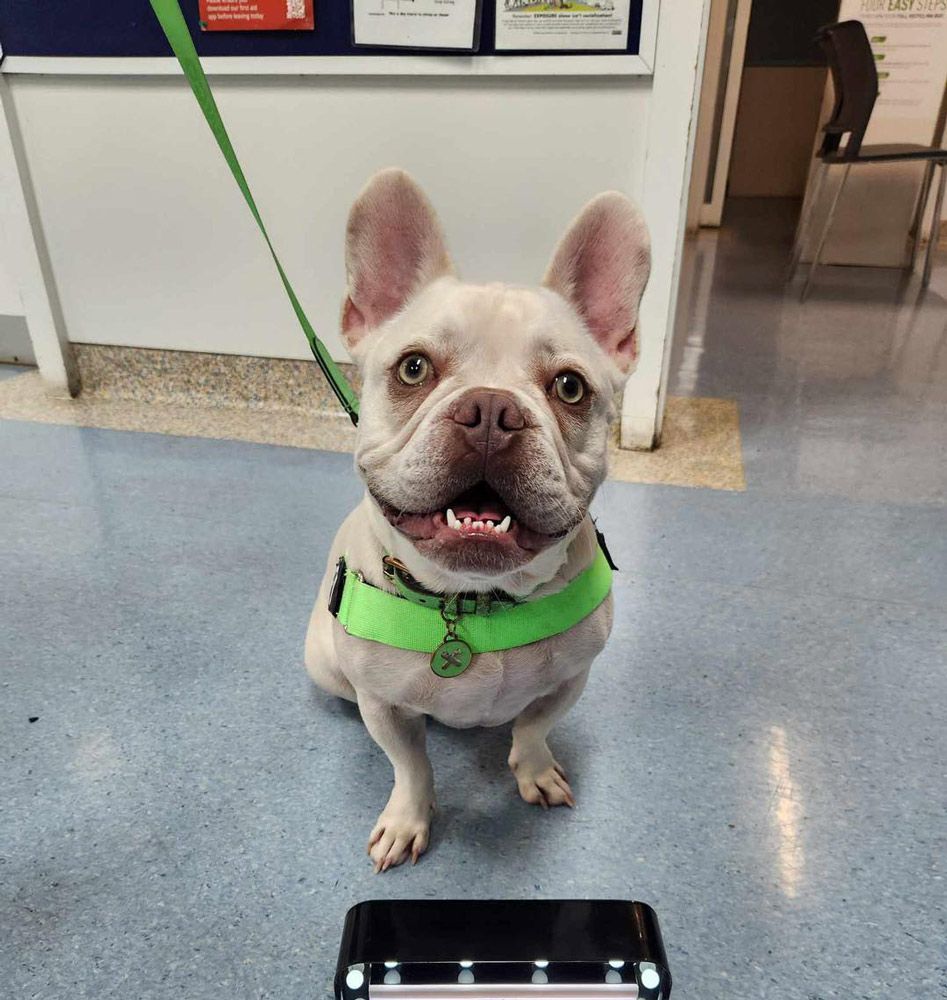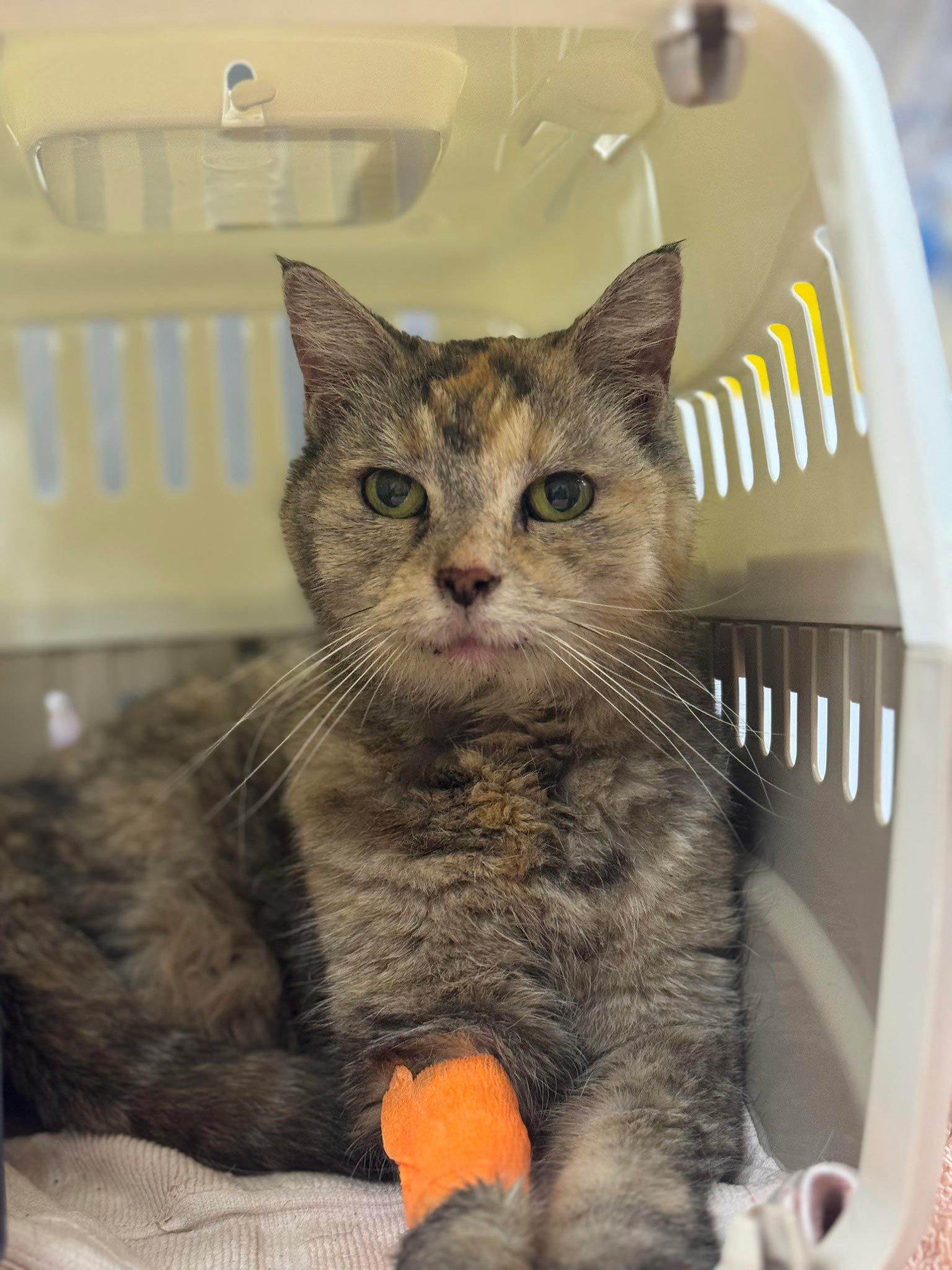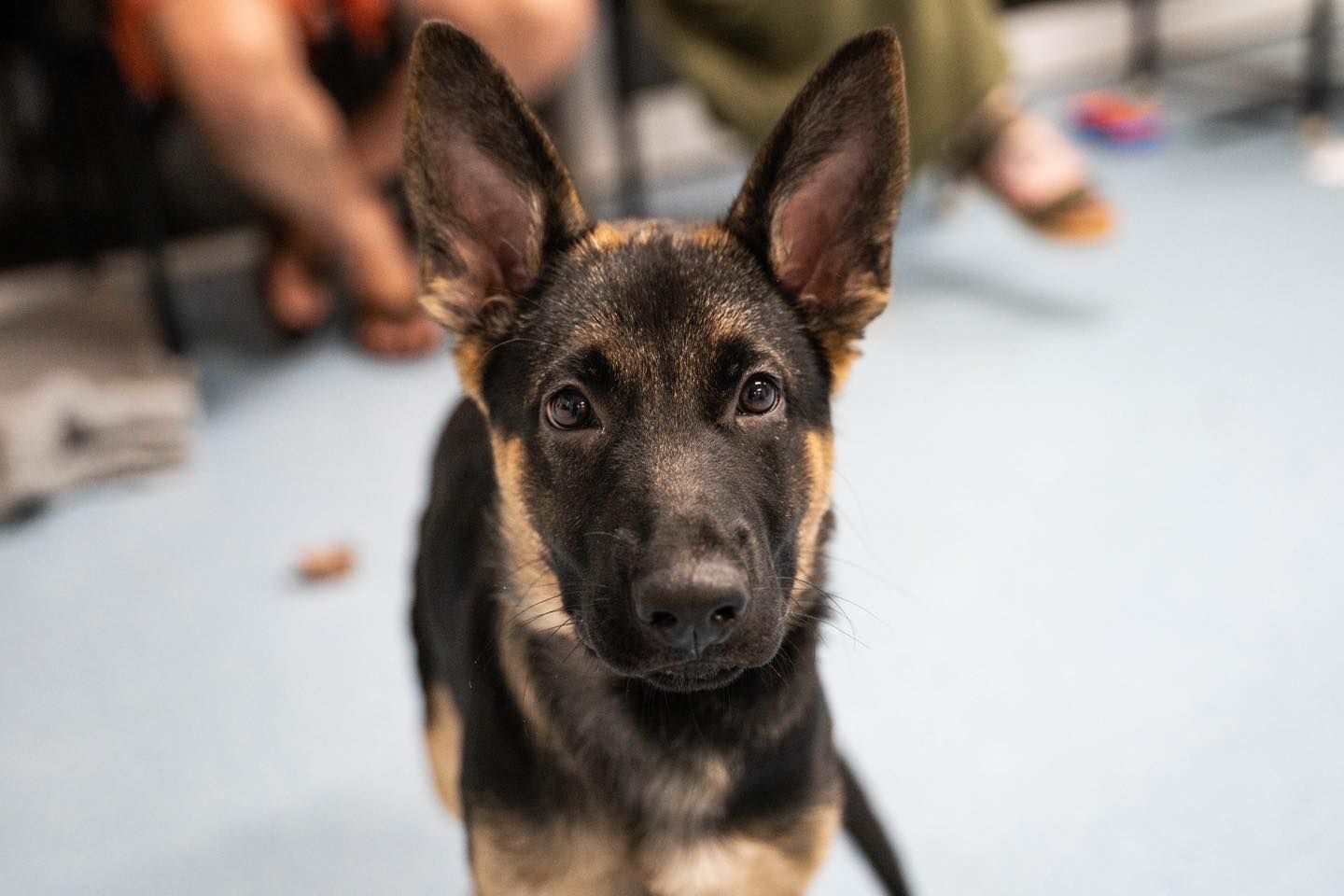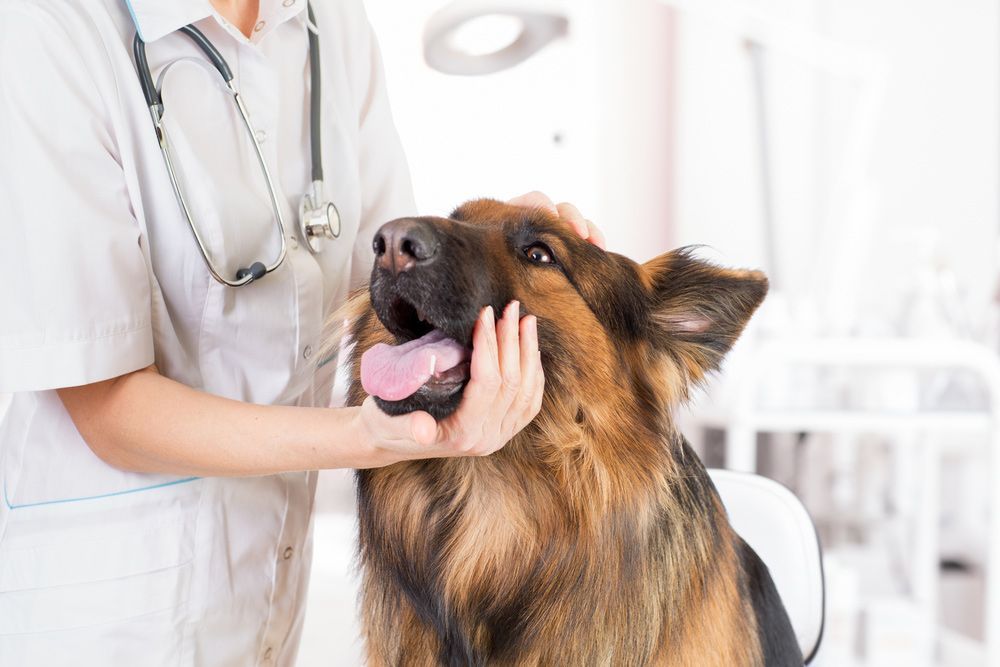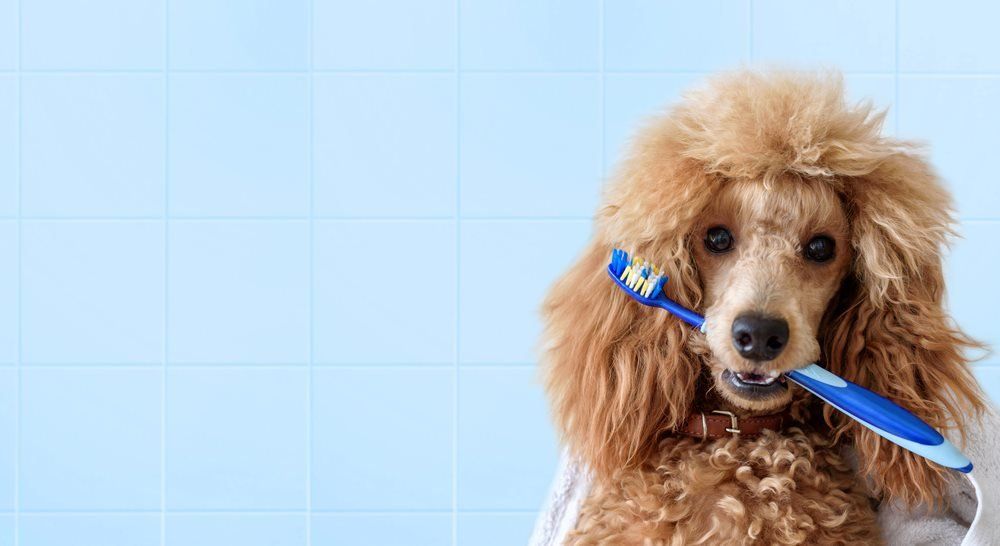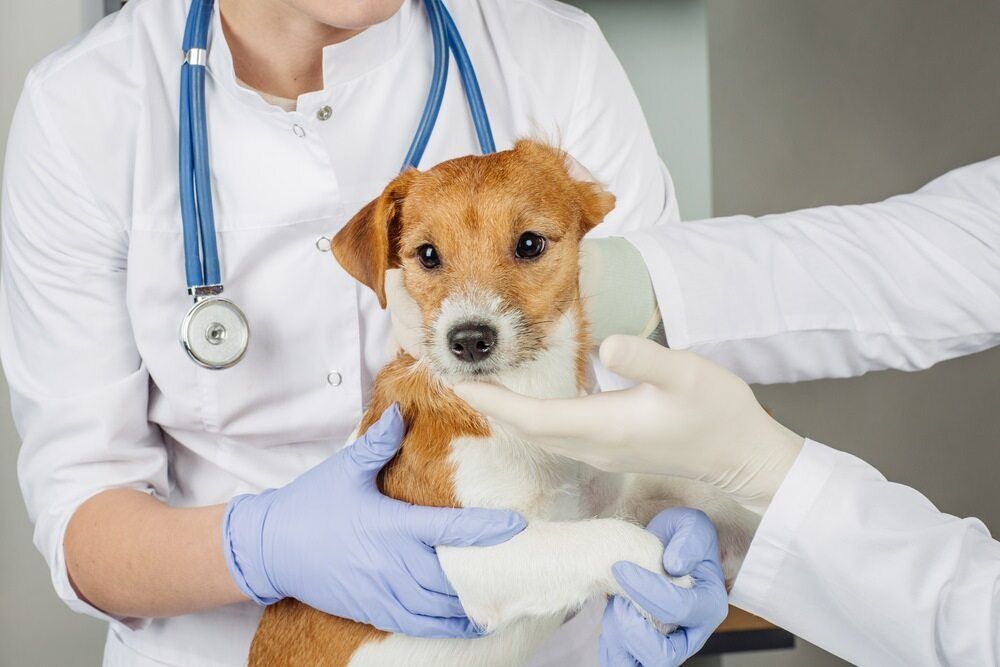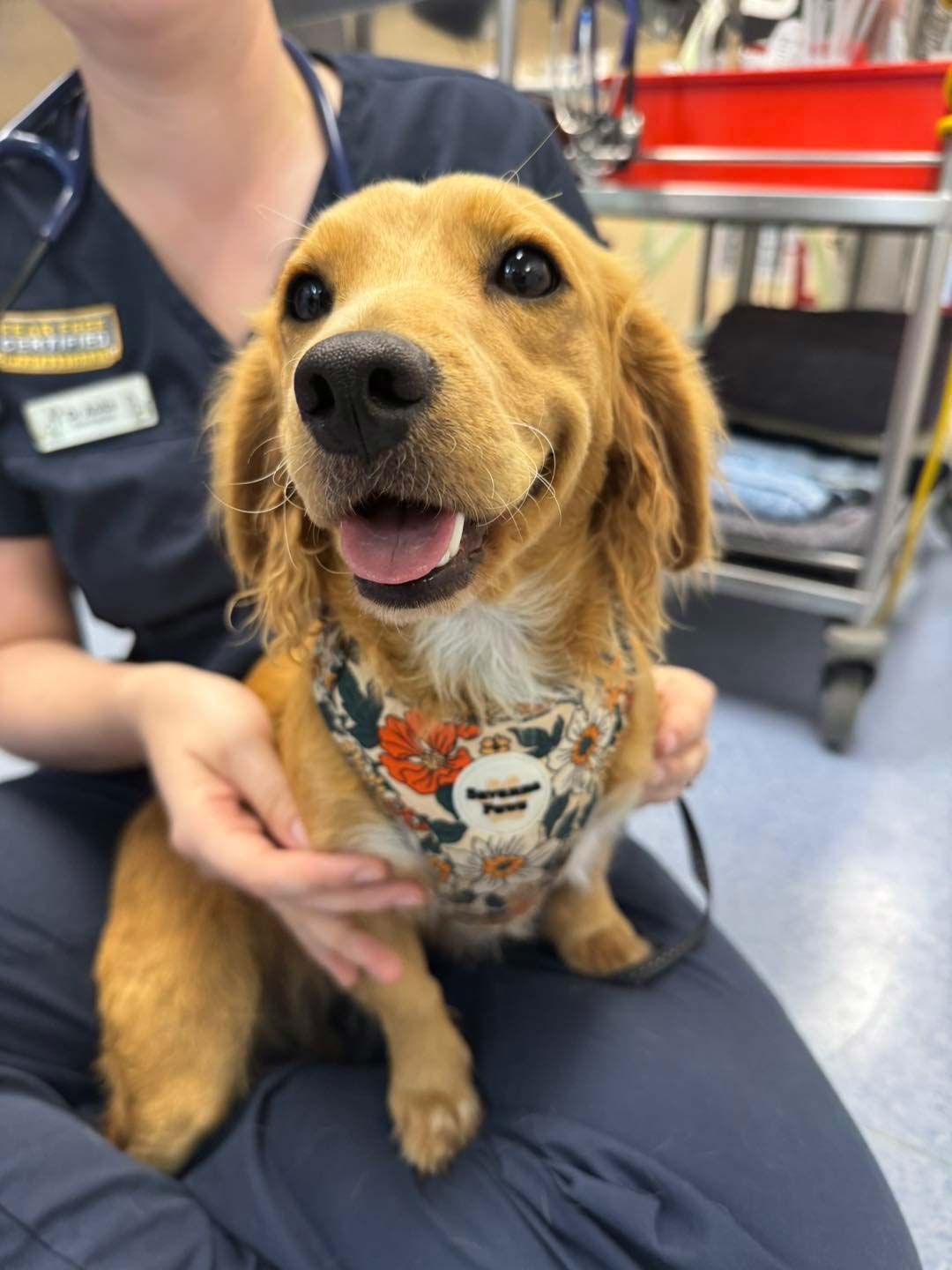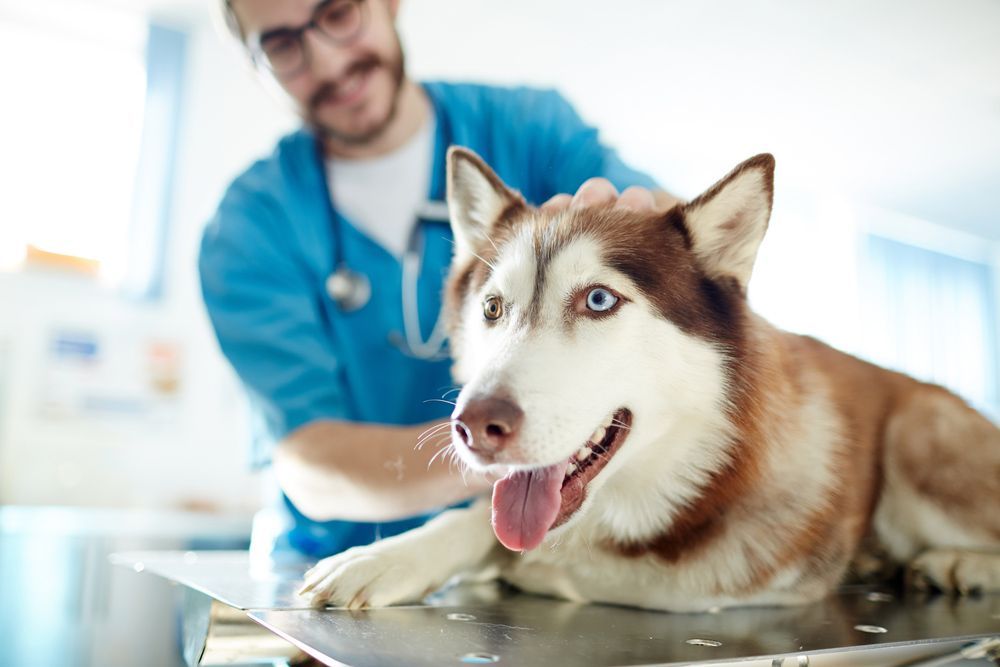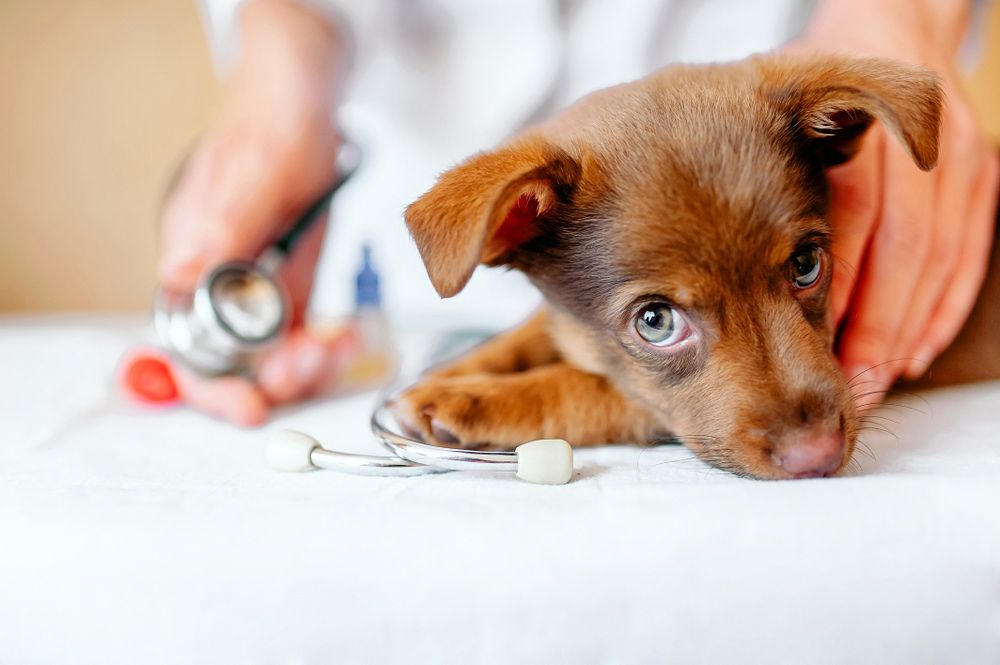Diarrhoea In Cats: Common Causes & When Should You Worry?
Is your cat having frequent loose or watery stools? It’s natural to feel concerned when you notice changes in their bowel movements. Diarrhoea can be a mild, short-term issue, depending on what’s causing it. Knowing when to seek veterinary advice is important for your cat’s health. In this blog, we’ll cover the common causes of diarrhoea in cats, key symptoms to monitor and when to consult a vet.
Occasional Soft Stools Vs Diarrhoea
Occasional soft stools in cats are common and may not always signal a serious issue. Diarrhoea, however, involves frequent, loose or watery stools and might occur with symptoms like vomiting or lethargy. Monitoring the consistency and frequency of your cat’s stools can help identify diarrhoea. If it lasts more than a day or two, seeking veterinary advice is recommended, as prolonged diarrhoea may lead to dehydration and other complications.
Common Causes Of Diarrhoea In Cats
Diarrhoea in cats can stem from various sources, ranging from dietary issues to more serious underlying health concerns. Some common causes include:
- Dietary Changes: Cats are sensitive to sudden changes in their diet, which can disrupt their digestive system. Introducing new foods too quickly, feeding table scraps or giving them inappropriate treats can lead to diarrhoea.
- Food Intolerances: Cats may also have intolerances or allergies to certain ingredients in their food, such as dairy, grains or specific proteins, which might trigger digestive upset.
- Infections: Bacterial, viral or parasitic infections can cause diarrhoea. Worms, such as roundworms or giardia, are common in cats, especially outdoor cats.
- Stress: Cats are creatures of habit and any change in their environment or routine can cause stress, which can, in turn, lead to diarrhoea. Moving house, introducing a new pet or even changes in the household can disrupt a cat’s digestive health.
Potential Complications Of Severe Diarrhoea
Prolonged diarrhoea in cats might lead to complications, particularly dehydration. Since cats can lose significant amounts of fluids and electrolytes through diarrhoea, dehydration can set in quickly, especially in kittens or older cats. Weight loss, electrolyte imbalances and even secondary infections can develop if the diarrhoea persists without treatment.
Managing Diarrhoea At Home
Mild cases of diarrhoea can be managed at home, but consult your vet first. General recommendations can include:
- Provide your cat with access to fresh water to prevent dehydration.
- With your vet’s guidance, you may temporarily switch to a bland diet, such as boiled chicken or pumpkin, to help settle your cat’s stomach.
- If diarrhoea follows a dietary change, gradually transition back to regular food.
When To Seek Veterinary Help
If your cat’s diarrhoea persists for more than 24-48 hours or is accompanied by symptoms such as vomiting, lethargy or a loss of appetite, it’s advisable to seek veterinary advice. Persistent diarrhoea may point to an underlying health issue and addressing it early may help reduce the risk of further complications.
Book A Consultation With Our Townsville Emergency Vet
At Western Suburbs Veterinary Clinic, we aim to offer support for your pet’s health, from routine check-ups to more urgent care needs. Our 24-hour vet in Townsville is available to assist in emergency situations, providing guidance and care when needed. If you’re worried about your cat’s diarrhoea, contact our emergency vet in Townsville today.

